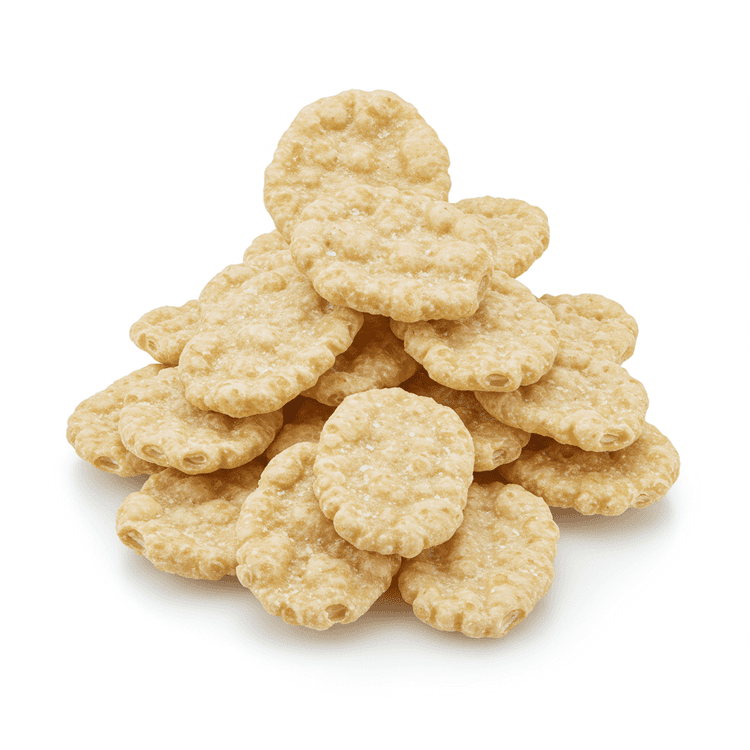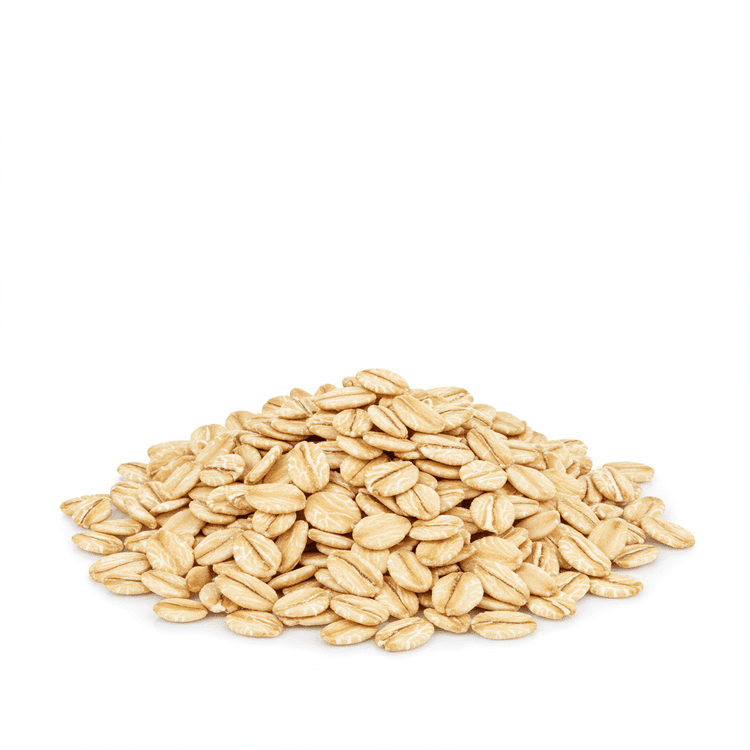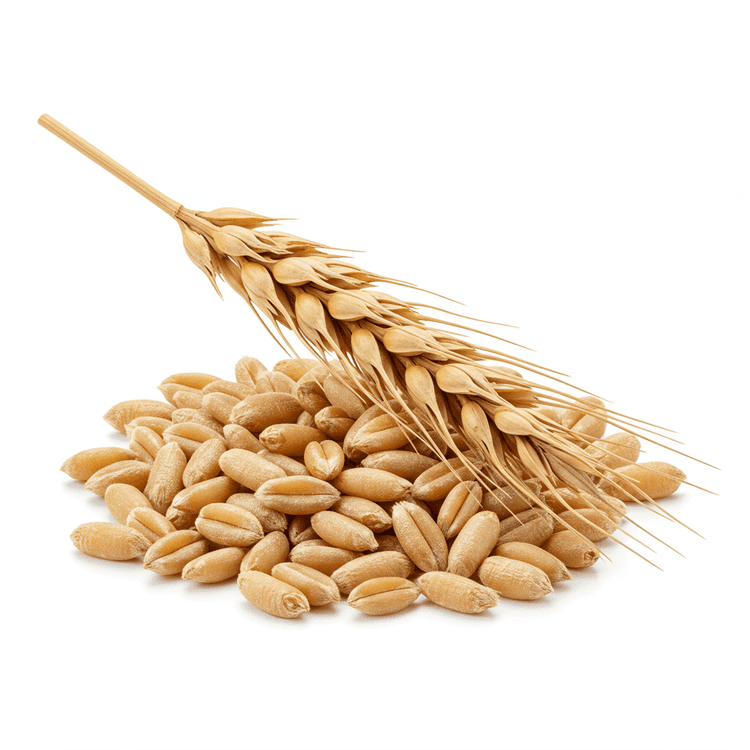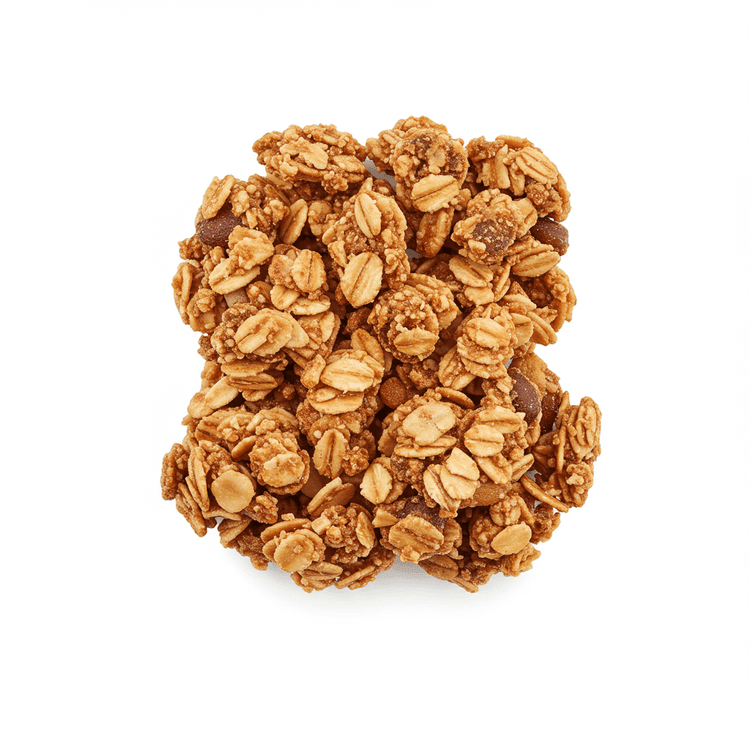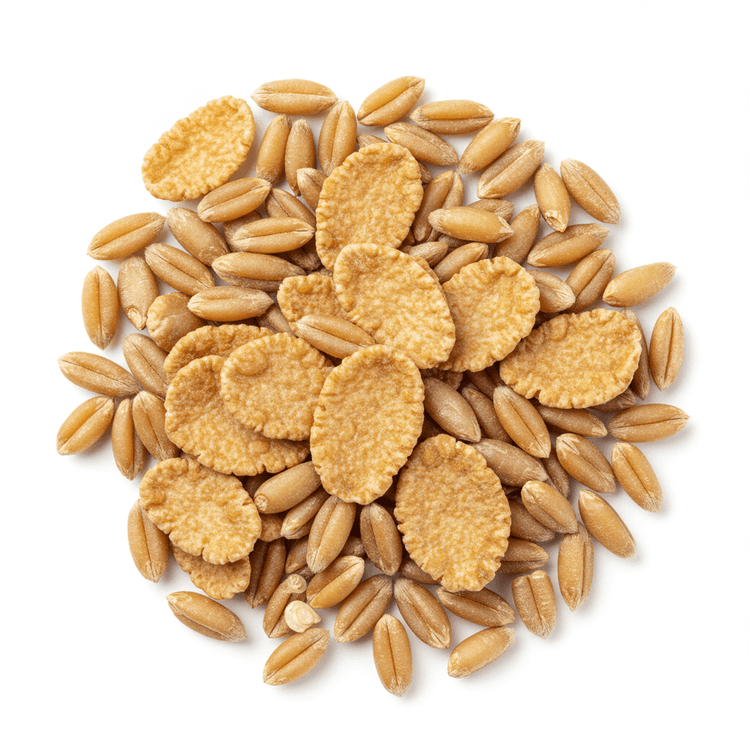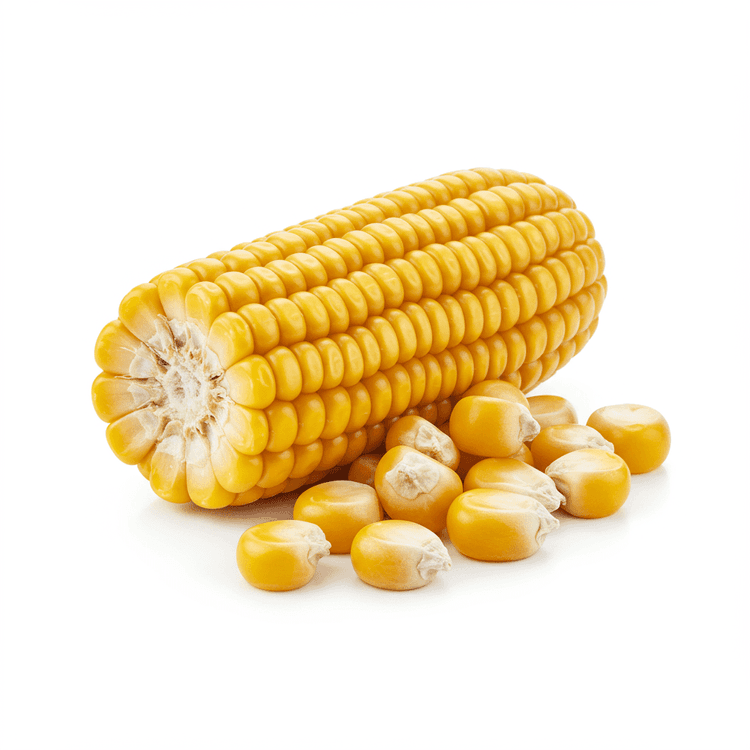
Corn Cereal
Corn cereal, a breakfast staple, typically presents as crispy flakes, puffs, or loops made from processed corn. Its flavor profile is mildly sweet and subtly corny. While varying by brand, the texture is generally crunchy when first added to milk, gradually softening with prolonged soaking. Popular varieties are often fortified with vitamins and minerals, making them a convenient and quick option for a morning meal. Many store-bought corn cereals are created using cornmeal, sugar and malt flavoring.
Common Uses
- Enjoyed as a quick and convenient breakfast: Corn cereal is most often consumed with milk (dairy or non-dairy) as a fast and simple breakfast option, often with added fruit or nuts for extra flavor and nutrition.
- Used as an ingredient in snack mixes: Crushed or whole corn cereal can be incorporated into homemade snack mixes or trail mixes, adding a crunchy texture and slightly sweet taste.
- Employed as a coating for baked goods: Corn cereal can be finely crushed and used as a crispy coating for baked items such as cookies or muffins adding texture and visual appeal.
- Incorporated into desserts: Certain corn cereals can be used as a base for pie crusts or as an addition to dessert bars providing sweetness and structural element.
- Used as an ingredient in energy bars: Certain corn cereals can be mixed into homemade energy bars to give texture.
- Added to baked goods for extra crunch: For a unique textural element, add crushed corn cereal to cookie, muffin, or bread dough before baking. This gives a satisfying crunch.
Nutrition (per serving)
Nutrition (per serving)
Calories
385.0kcal (19.25%)
Protein
7.0g (14%)
Carbs
84.0g (30.55%)
Sugars
12.0g (24%)
Healthy Fat
0.9g
Unhealthy Fat
0.3g
% Daily Value based on a 2000 calorie diet
Nutrition (per serving)
Calories
385.0kcal (19.25%)
Protein
7.0g (14%)
Carbs
84.0g (30.55%)
Sugars
12.0g (24%)
Healthy Fat
0.9g
Unhealthy Fat
0.3g
% Daily Value based on a 2000 calorie diet
Health Benefits
- Provides carbohydrates for energy.
- Fortified varieties can be a good source of B vitamins, important for energy metabolism.
- May contribute to daily fiber intake, supporting digestive health.
- Often fortified with iron, which helps prevent iron deficiency anemia.
- Can be part of a balanced breakfast to help manage weight.
Chefadora AI is here.
Experience smarter, stress-free cooking.
Storage Tips
Unopened corn cereal should be stored in a cool, dry place away from direct sunlight to maintain its freshness and prevent it from becoming stale. Once opened, transfer the remaining cereal to an airtight container or reseal the original bag tightly. This helps prevent moisture absorption, which can affect the cereal's texture and flavor. Storing it properly ensures it stays crisp and tasty for longer.
Marnirni-apinthi Building, Lot Fourteen,
North Terrace, Adelaide, South Australia, 5000
Australia
